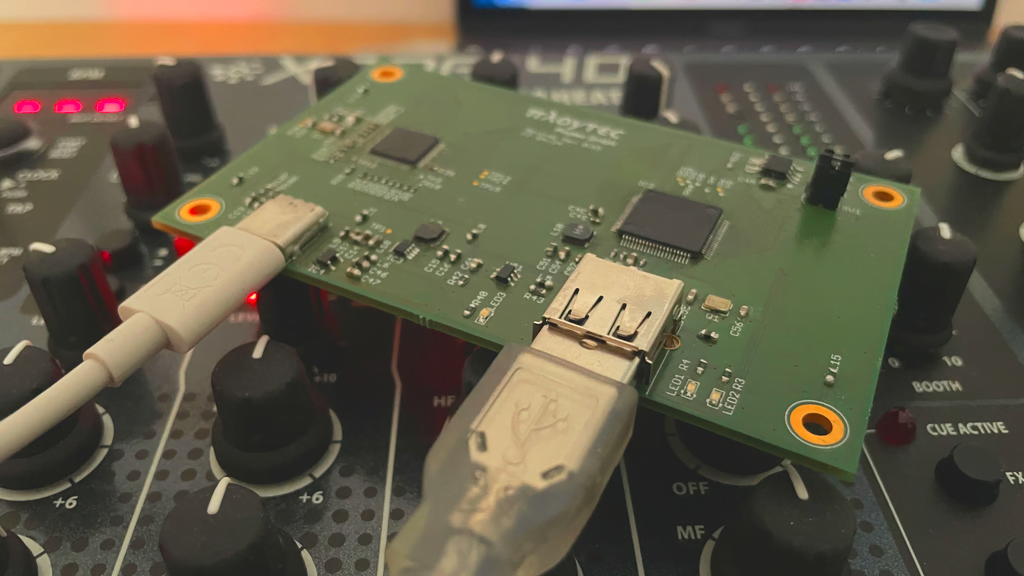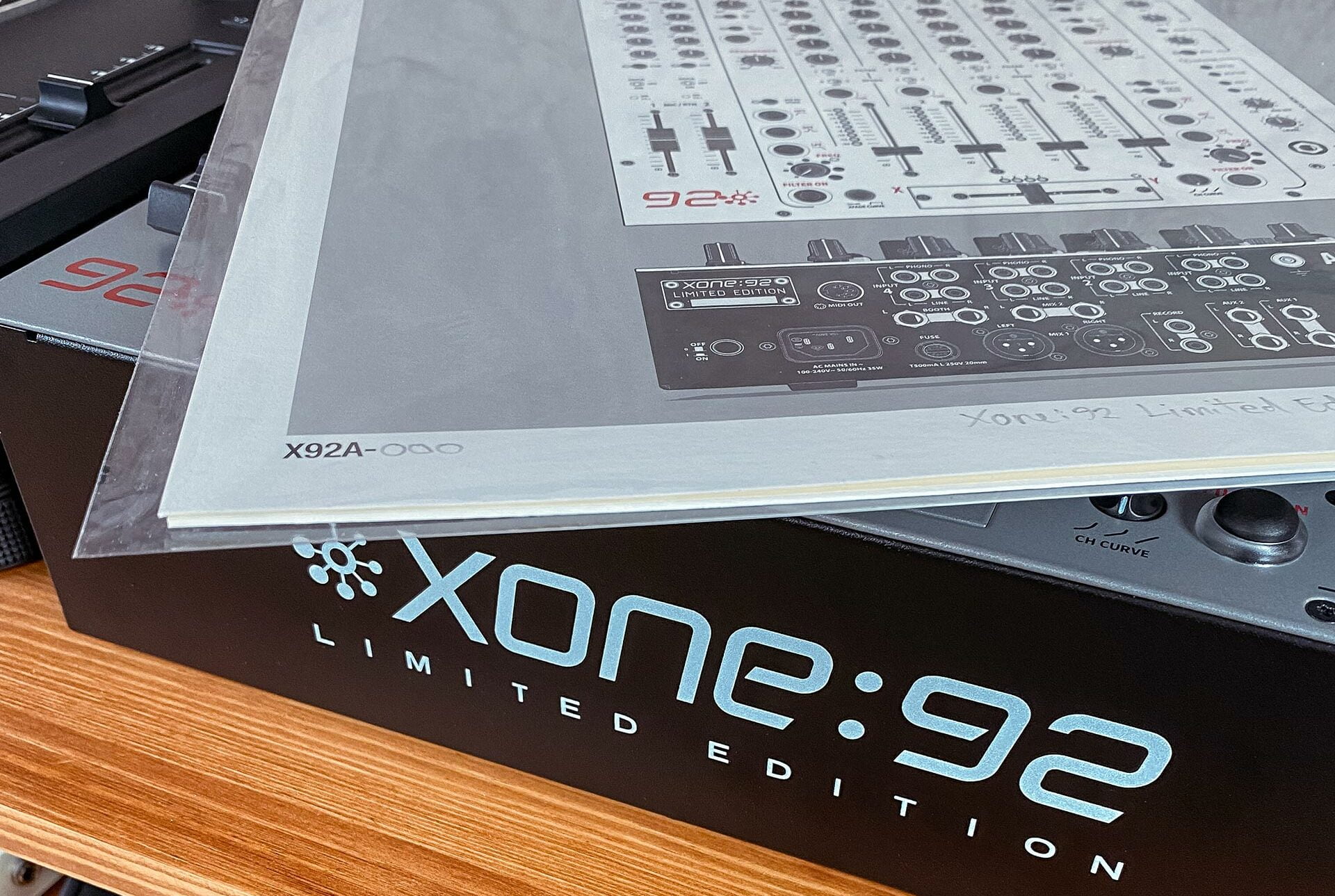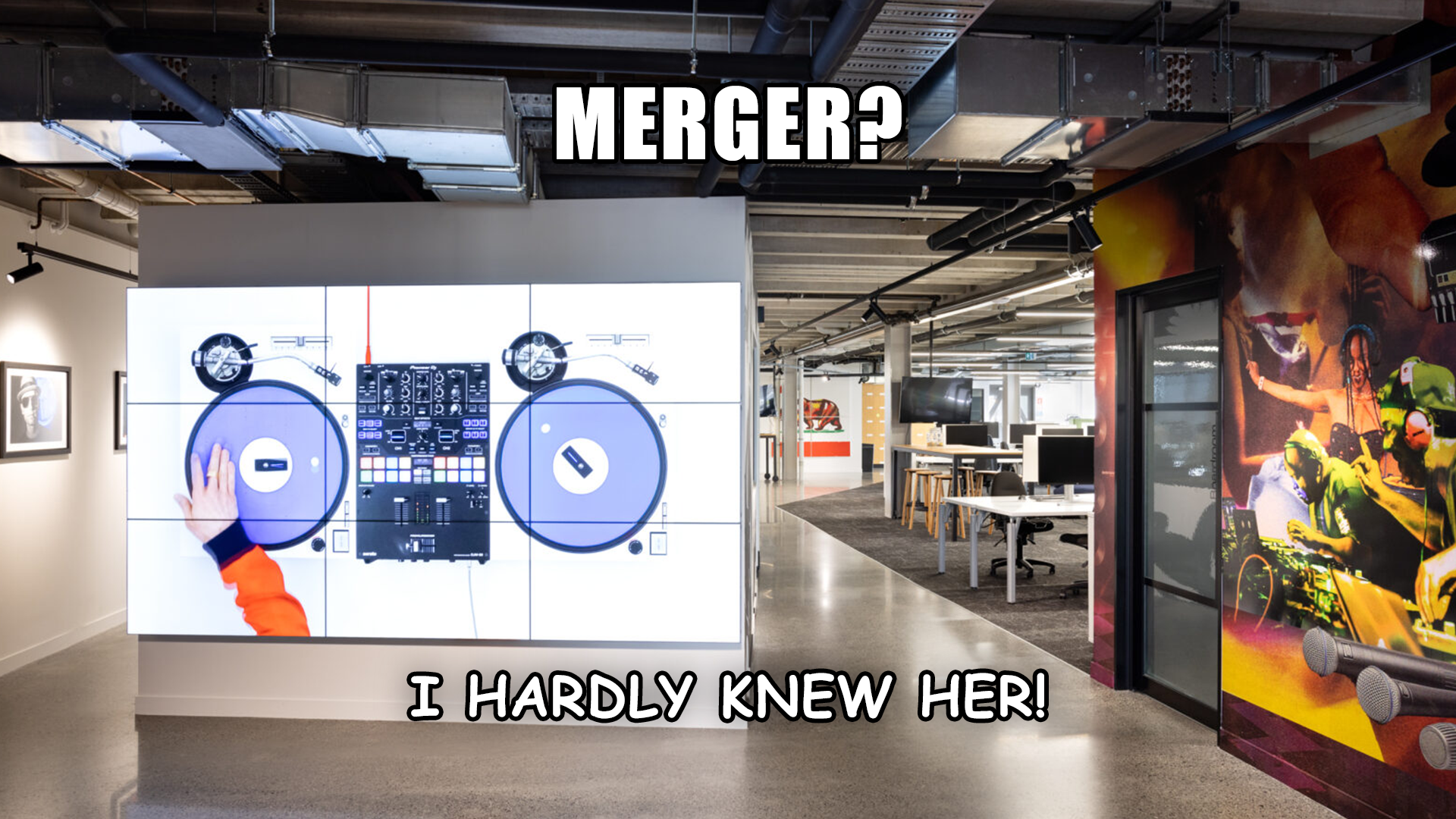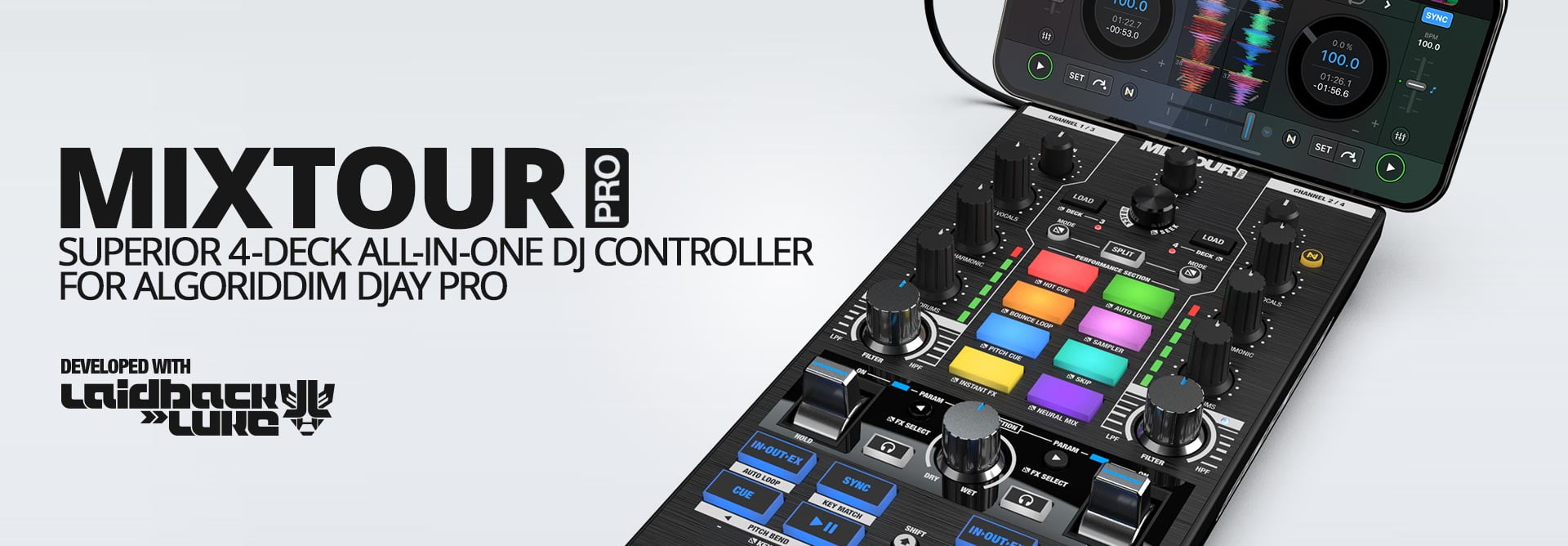In the Wild West that was the early days of digital DJing, hardware was much less standardised than it is now. Different drivers were needed for pretty much every audio interface, and no-one could even decide if we should use USB (which was still v1.1) or FireWire (which was a mess in its own right).
Allen & Heath didn’t buck the trend with their early endeavours into club mixers with built-in audio interfaces, and DJ controlers. The Xone:DX, Xone:3D/4D, Xone:1D/2D and Xone:DB2/DB4 all had their own proprietary drivers, which needed to be rewritten after major OS releases.
These days, things are much more workable, yet the older Xone digital hardware has languished in a cupboard without any support from the manufacturer. Hope is on the horizon thanks to the efforts of two different development projects with two very different approaches: the first is the original team behind the audio hardware, Ploytec, with a hardware solution, and the second is an open source driver update that is available on Github.
Ploytec revival
Many of the older Xone hardware devices used a chipset from a small German company called Ploytec for audio processing and DAC. At the time, there wasn’t really much choice in how to run high quality audio from a computer to a sound system, so the company came up with soundcard solutions which could handle multiple audio streams at low latencies.
You can find out more about their story in the Superbooth24 presentation below.
Seeing the appetite for fans to continue using these mixers and controllers, Ploytec are working on a device that sits between the mixer and computer to translate the data to a class compliant USB format. The IC board is set to cost around £160/€189, with a planned full unit (including metal enclosure) for around £296/€349. There will also likely be a 3D printed case available to download.
GitHub: snd-xonedb4
Another option with some hope is the endeavour to write a new, open source, driver for macOS, Windows, and Linux. Currently, the code only supports Linux, but there’s plans to expand once it’s stable. Here’s a list of what works and doesn’t from the GitHub page.
Things that work:
- PCM out 8 channels
- PCM in 8 channels
- MIDI out
Things that don’t work:
- MIDI in (ISO endpoint 2?)
It’s very early days so far with this one, but you can follow the progress for this project over on the GitHub.
Lessons learned?
A lot has, in fact, changed over the years since the era when these controllers and mixers came out. But while the majority of modern gear seems to work well on macOS without the need for drivers, thanks to Apple’s drive to standardise things on the platform, some gear like the Pioneer DJ DJM-V10, still needs a driver to work correctly.
As Drew Bach, long-time WORX-friend (and writer), as well as a product planner and research engineer over at Pioneer DJ / AlphaTheta says:
Recently, how manufacturers have started to handle general I/O for both audio and MIDI has helped to future proof things quite a bit, at least in terms of class compliance. The microprocessors that may have only handled MIDI I/O in the past are now often acting as a class compliant USB Audio interface as well, and are pretty bulletproof. (Try it yourself, you can build a pretty capable class compliant audio interface with many STM32 and Teensy dev boards.)
So, even with better standards to comply to, there are reasons why specialist drivers aren’t going away any time soon. And there’s a whole other can of worms regarding HID, MIDI compliance, etc, for another article.
Of course, while the issue of driver support here tends to be a macOS problem thanks to Apple’s policy of letting backwards compatibility die off after a few years and breaking stuff with each major OS update (and let’s be honest, help drive innovation to some extent), Windows can still have the same issues with older hardware. The Windows platform both suffers and benefits from maintaining backwards compatibility, but it’s not perfect. At this point, the Xone hardware still works on Windows, but that doesn’t guarantee a future.
On top of that, there’s the reliance Windows has for drivers in the first place. This is due to the OS not having a reliable audio stack for many years, so a third party low latency solution like ASIO (created by Steinberg, also creators of the VST plugin format) was needed. Even now, the built in WASAPI architecture doesn’t come close to matching the latency numbers that ASIO can achieve. Oh, and don’t forget the wonderful ASIO4ALL which lets you do so much more.
And it’s not even just Allen & Heath with hardware left behind… Rane and Serato famously dumped support for older audio interfaces, which are now either stuck as analogue mixers or swapped for newer gear.
Community passion
As the eternal march capitalism presses on, and technology inevitably falls by the wayside, it’s the community that suffers, and also steps up to fill the void. You could cynically think that Ploytec, the company that designed the obsolete chipset in the first place, are making money off a problem they created, but they didn’t have to even try this project in the first place. This isn’t something that will earn much money, and is clearly to give closure to those that own hardware which would otherwise last for years (if not decades).
In the long run, the open source driver project on GitHub is a much better option, since it can not only be maintained indefinitely, but doesn’t rely on hardware to bridge the mixer to the laptop. If the driver code can be deployed across the major OSes, and expanded to the other affected DJ gear, it will be a win for users.
Right now, though, we are still in a much better place than we were when the DB4/DX came out. There are less controllers and mixers coming out that need specialist drivers, which means less effort to continue support from the software companies and manufacturers, and a longer lifespan for your DJ gear.
Over to you
Do you have any old gear just collecting dust due to obsolescence?



